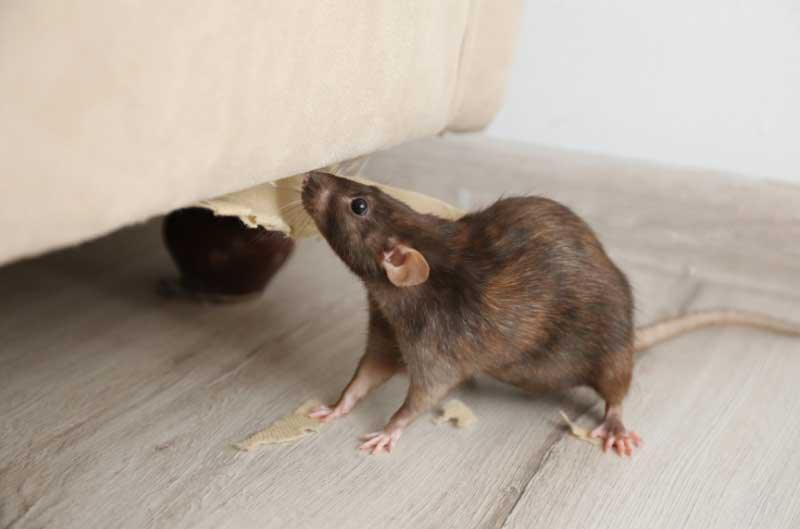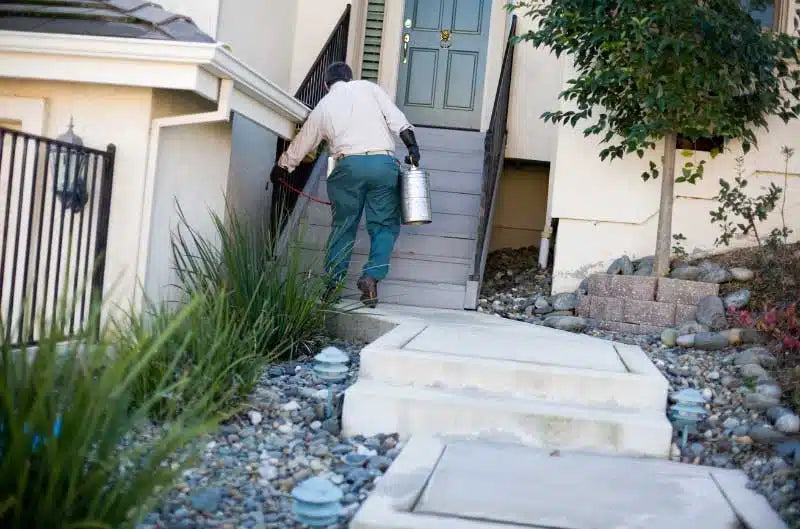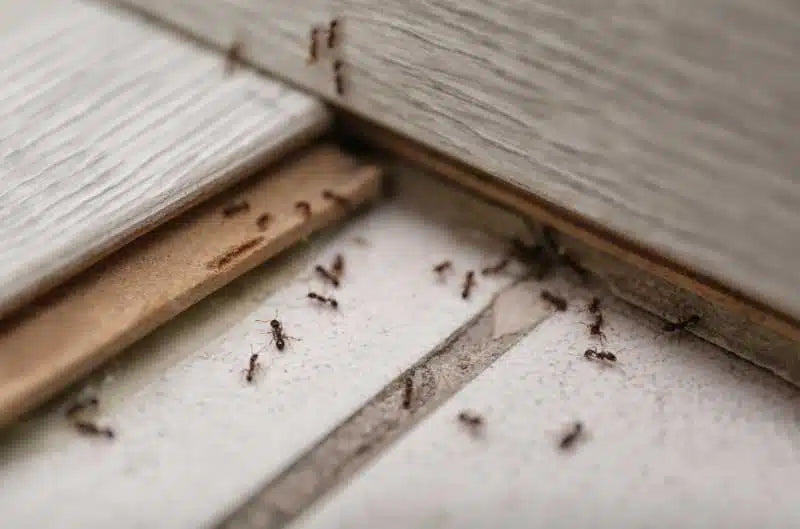A feature wall can instantly make a living room feel more intentional, adding depth and character without a full renovation. The key is choosing the right surface (often the wall behind the sofa, fireplace, or TV), then matching colour, texture, and lighting to the way you actually use the space. Deep blues, greens, and charcoals create a cosy, evening-friendly mood, while warmer terracottas and ochres bring energy for social rooms. If paint feels too simple, wallpaper, slatted panelling, or subtle texture can deliver impact without overwhelming the rest of your décor. Keep sight lines in mind, avoid walls broken up by doors and windows, and test samples across morning, afternoon, and lamp light before committing. At Friendly Turtle EcoBlog, we love home updates that look great and last: thoughtful choices, quality finishes, and flexible styling that won’t date after one season.
Share your articles with us and get published! Reach out at hello@friendlyturtle.com.
5 Effective & Eco-Conscious Ways To Prevent Pests

Eco-conscious homeowners are always looking for ways to prevent pests from invading their homes, so here are some effective eco-friendly ways to keep your home pest-free:
Eco-Conscious Pest Prevention Tips
Take steps to keep pests out of your home in the first place. Sealing up cracks and crevices on the outside of your home, using screens on doors and windows, and keeping food sealed up and away from pests are all great preventative measures.
Keep repellent plants around your home and take care to cater to the good bugs such as ladybugs, butterflies, dragonflies, and praying mantises. That way, you’re contributing to green spaces around your home as well.
And here’s more:
1. Keep Your Kitchen Clean
Wash dishes promptly, and don't let food sit out on countertops or in the sink. Sweep or vacuum floors regularly, and don't forget to clean under appliances and in other hard-to-reach places.
2. Store Food Properly
Pests are attracted to food, so it's important to store your food properly. Keep dry goods in sealed containers, and refrigerate perishable items.
3. Seal Up Entry Points
Pests can enter your home through cracks and openings in the foundation, so it's important to seal these up. Use caulk or expanding foam to fill in any gaps, and repair any holes in screens or doors.
4. Use Natural Pest Control Methods
There are a number of effective natural pest control methods you can use to keep pests out of your home. Try using diatomaceous earth, essential oils, or boric acid powder around the perimeter of your home.
5. Call In Professional Help
If you're struggling to get rid of pests on your own, don't hesitate to call in a professional exterminator. They can help identify the source of the problem and eliminate it quickly and efficiently.
Why We Should All Be Eco-Conscious About Pests
- Pests are not only a nuisance. Those are living beings that have as much right to be on this earth as we do. They help with the decomposition of organic matter, pollination, and are a food source for other animals.
- Pests also serve an important role in the ecosystem by preying on sick or injured animals.
- If we'd remove all of what we consider as pests, the natural food chain would be disrupted, which would eventually lead to the disappearance of many species, including humans.
Let's take rats as an example: We all know that all medicines are tested on rodents such as rats and mice, to ensure their safety for human use. But rats are also used in many other ways that we might not be aware of.
For instance, they're kept as pets in some cultures, and their hair is used to make paintbrushes. In addition, rat meat is considered a delicacy in some parts of the world.
Moths are also important: Apart from being a vital part of the diet of many animals, moths play an important role in the pollination of flowers and plants. The silk from moth caterpillars is used to make cloth and other materials.
Mosquitoes, which we often think of as pests, are actually an important part of the food chain. They're a source of food for many animals, including fish, amphibians, bats, and birds. In some parts of the world, people also eat mosquito larvae.
Oh, and did you know that bats, also considered a kind of pests in human culture, actually exterminate more mosquitoes than all the insecticides in the world combined?

The Use Of Chemical Pesticides And Our Environment
The indiscriminate use of chemical pesticides has serious implications for the environment. Pesticides can contaminate the air, water, and soil, and they can also accumulate in the bodies of animals and humans.
Pesticides are often used in agriculture, and they can end up in our food. Some studies have shown that exposure to pesticides can lead to a variety of health problems, including cancer, reproductive problems, and endocrine disruption.
Pesticides can also be harmful to animals. They can cause birth defects, neurological problems, and even death. Birds, in particular, are susceptible to the effects of pesticides, as they often eat poisoned insects.
Think about flea and tick treatments if you've ever used them on your pet - The stronger ones always have a notice on their label which says that the product should not come in contact with water because it can be harmful to aquatic life.
So if you're using those products on your pet, and your pet goes swimming in a lake or river, the chemicals from the treatment can end up in the water and harm fish, amphibians, lizards, reptiles, and other animals.
What You Can Do To Help
There are a number of things you can do to help reduce the use of pesticides and other chemicals in the environment.
The first thing you can try if dealing with pests is to try to repel or exterminate them using what nature gives us.
Eco-Friendly: Getting Rid Of Mosquitoes
Most people believe that the only way to get rid of mosquitoes is by using harmful chemicals. However, there are a number of eco-friendly methods that can be just as effective.
One of the most popular methods is to use mosquito traps. These work by releasing a small amount of carbon dioxide, which attracts mosquitoes. The mosquitoes then enter the trap and are unable to escape.
Another eco-friendly method is to use mosquito dunks. These work by releasing bacteria into the water that kills mosquito larvae. This method is safe for both humans and animals and is an effective way to reduce the mosquito population.
Finally, there are a number of plant species that can help to repel mosquitoes. Citronella, lemon balm, and marigolds are all effective at keeping mosquitoes away.
By planting these around your home, you can create a natural barrier that will keep mosquitoes from entering.
Eco-Friendly: Getting Rid Of Fruit Flies
Fruit flies are a common household pest, and they can be a real nuisance. But there's no need to resort to toxic chemicals to get rid of them. There are plenty of eco-friendly ways to get rid of fruit flies, and we'll share some of our favorites with you here.
One simple way to get rid of fruit flies is to trap them. You can do this by placing a bowl of vinegar or wine near where you've seen them, and they'll be attracted to the smell and fall in. Then you can just dump them out and be rid of them.
Another way to get rid of fruit flies is to prevent them from getting into your home in the first place. You can do this by keeping your fruit and vegetables in the fridge and making sure that there's no food left out on countertops or in sinks where they can breed.
There are also a number of natural pesticides that you can use to get rid of fruit flies. One of our favorites is diatomaceous earth, which you can find at most hardware stores. Just sprinkle it around areas where you've seen fruit flies, and they'll soon be gone.

Eco-Friendly: Getting Rid Of Cockroaches
Most people don't realize that there are eco-friendly ways of getting rid of cockroaches. One of the most effective and environmentally safe methods is to use boric acid. Boric acid is a natural substance that is found in many roach-killing products on the market today. When applied correctly, boric acid can be very effective at killing cockroaches and other pests.
Another eco-friendly way to get rid of cockroaches is to use traps. There are many different types of traps available, but one of the most effective is the sticky trap. Sticky traps are made with a special adhesive that will hold onto the cockroach when it steps on it. These traps can be placed in strategic locations around your home, and they will eventually catch all of the cockroaches that are present.
If you're looking for a more natural way to get rid of cockroaches, you may want to consider using diatomaceous earth, the same as for fruit flies.
Eco-Friendly: Getting Rid Of Rodents
There are ways to get rid of rodents that are friendly to the environment. You can use a number of different things to make your own traps, such as:
- Peanut butter
- Oatmeal
- Baking soda
- Cornmeal
You can also use natural predators to help get rid of the rodents. Cats and owls are known to eat rodents, so having them around can help to keep the population down.
You can also try to eliminate the things that attract rodents to your home in the first place. This includes things like:
- Trash
- Food debris
- Water sources
By taking away the things that attract rodents, you can help to make your home less inviting to them.
Final Word
Balance is key when it comes to pests in our environment. We should be careful about using pesticides and other chemicals, and we also need to understand the important role pests play in our ecosystem.
By taking some simple steps to prevent them from entering our homes, and using natural pest control methods when they do, we can keep our homes pest-free while still coexisting with these important creatures.
0 comments
Let customers speak for us
Blog posts
Good oral health starts long before the first wobbly tooth. When children learn simple routines early, they’re far more likely to avoid cavities, gum irritation and the stress of emergency appointments later on. Begin with regular dental check-ups so small issues are spotted quickly and visits feel normal, not scary. At home, let your child choose a toothbrush they actually like, then guide them through gentle circular brushing for two minutes, twice a day. Add flossing as soon as teeth touch, and keep it upbeat with a short story or a timer song. For a more planet-friendly routine, pick durable brushes (or responsibly sourced bamboo), turn off the tap while brushing, and choose refillable or recyclable packaging where possible. Friendly Turtle EcoBlog shares practical, low-waste lifestyle ideas like these, helping families build habits that protect little smiles while treading lighter on the Earth.
Preventive care is one of the kindest, most sustainable choices you can make for your pet. Many health problems start quietly: a little plaque, a mild itch from parasites, a gradual dip in energy, or stiffness that only shows up after rest. Left alone, these “small” issues can build into painful dental disease, weight-related strain on joints, or conditions that affect the heart, lungs, liver, or kidneys. In this Friendly Turtle EcoBlog guide, we share practical habits that protect pets over time, from parasite control and lifestyle-led vaccinations to age-appropriate nutrition, daily movement, and simple grooming checks that spot changes early. Consistent routines also matter more than most owners realise, helping you notice subtle shifts before they become expensive emergencies. The goal is not perfection, but steady, evidence-led care that keeps your companion comfortable, active, and thriving for longer.



